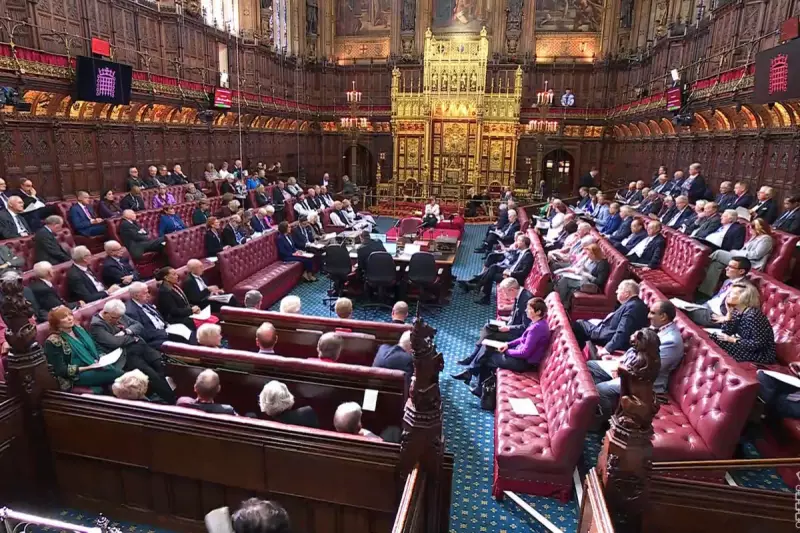
In a dramatic showdown in Westminster, the House of Lords has delivered a stunning blow to the government's flagship Counter-Terrorism and Sentencing Bill, voting through a series of amendments that fundamentally alter its scope.
The proposed legislation, which aimed to significantly toughen sentences for terrorism offences and ease restrictions on monitoring released prisoners, was met with fierce resistance from a powerful coalition of crossbench peers, bishops, and opposition members.
Protecting the Vulnerable
At the heart of the rebellion was a move to strip a key clause that would have subjected individuals with mental health conditions or learning disabilities to the same stringent terrorism prevention measures as other offenders. Peers argued passionately that the bill failed to account for the specific vulnerabilities of these groups, potentially criminalising those in need of care rather than punishment.
A Rare Alliance
The successful amendments were backed by an unusual alliance, including former independent MP Luciana Berger, now Baroness Berger of Kiln Farm, who drew on her personal experience to highlight the dangers of the bill. She was joined by a formidable bloc of Church of England bishops, who expressed deep ethical concerns about the legislation's lack of proportionality and compassion.
This rare defeat for the government signals significant trouble for the bill as it returns to the House of Commons. Ministers now face a difficult choice: accept the Lords' changes or attempt to overturn them, potentially triggering a protracted parliamentary battle known as 'ping-pong'.
What Happens Next?
The amended bill will now be sent back to the Commons for further consideration. With mounting pressure from civil liberties groups and mental health charities, the government may be forced to compromise on its hardline approach to counter-terrorism sentencing.






